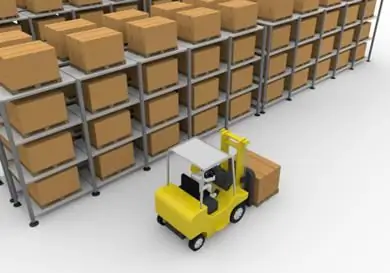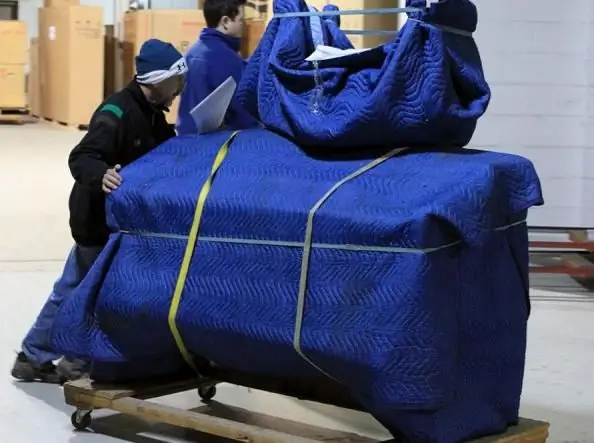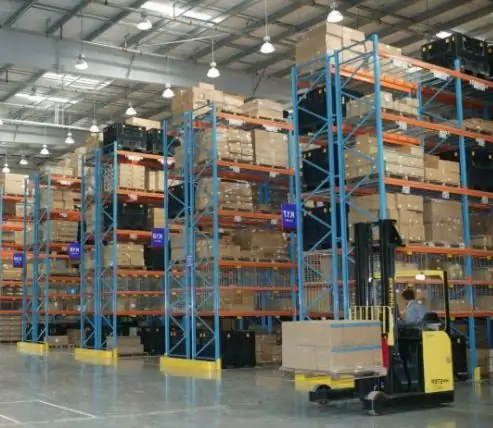One of the important points in the conclusion of commercial transactions is the transportation, delivery of goods to the buyer from the manufacturer and the seller. These actions can be carried out by the transport of the buyer, seller or other organization. It does not matter how this process is carried out, the costs are borne by the party specified in the sales contract. Ex warehouse is a way of setting the price of the purchased goods.
What is franking

Any shipping costs are additional to the organization paying for them. That is why these costs are usually taken into account by sellers when forming selling prices. The rules developed by international practice affect the level of the cost of goods, depending on the basic terms of delivery. That is, if the term “free warehouse” is indicated in the contract, this means that a certain amount is added to the initial price for delivery to the specified place and insurance of the sold valuables.
What is included in the price formation conditions for a large trade deal
These conditions include generally accepted concepts:
- destination station;
- shipping destination;
- station or place from which goods are shipped;
- ex stock manufacturer;
- mode of transport by which goods are delivered;
- other trading activities and terminology.
Ex-Warehouse - these are agreed terms, according to which the seller undertakes to deliver and pay with his own funds for the goods sold to the point or place specified in the text of the contract. Shipping costs until the goods are received by the buyer are paid by the supplier.
What is the difference between ex-warehouse and ex-works

Franking must be indicated on the delivery note. In cases where the buyer picks up the purchased products "self-pickup", the seller is obliged to reimburse the amount spent on transportation costs, if this money is included in the selling price.
- Pricing on the principle of "buyer's ex-warehouse" is the price for the goods, when the seller or manufacturer pays in full all expenditure items for transporting products to the buyer.
- Free berth in trade terminology is the process when all rights to the goods, responsibility for its preservation and movement are transferred to the buyer after the cargo is delivered to a certain berth.
- The term "ex-works" indicates that the seller is not responsible for the delivery of the goods in any way, as is the "ex-stock supplier". What does it give both parties? All details are specified in the contract, according to which both the seller and the buyer benefit and remain in profit.
In some cases, the use of terminology has no official rules, but onlytrading habits. This applies to the free-carriage. Under this condition, the seller's responsibilities include:
- order the appropriate rail transport on time, paying for it with your own funds;
- load product;
- inform the buyer of the delivery time;
- provide prepared transport documentation.
It is the responsibility of the buyer to pay for the freight and freight forwarder.
What is the use of franking

The conditions for establishing basic prices for goods have been developed by world trade experience and practice. Thanks to franking, import and export operations have become easier. The internal methods of pricing in the retail and wholesale trade zones are also based on the same rules.
The list of such pricing includes many types of transportation costs, the points of delivery and storage of goods are named. We are talking about free-quay, free-marina, free-truck and other terms.
Thanks to the generally accepted pricing system, called "franking", "free", the delivery processes and the responsibility of the parties for purchased and sold goods have been simplified. Systematized actions proved to be useful to all participants in trading operations. EXW is a trade arrangement to process and pay for the delivery of purchased and sold goods.

